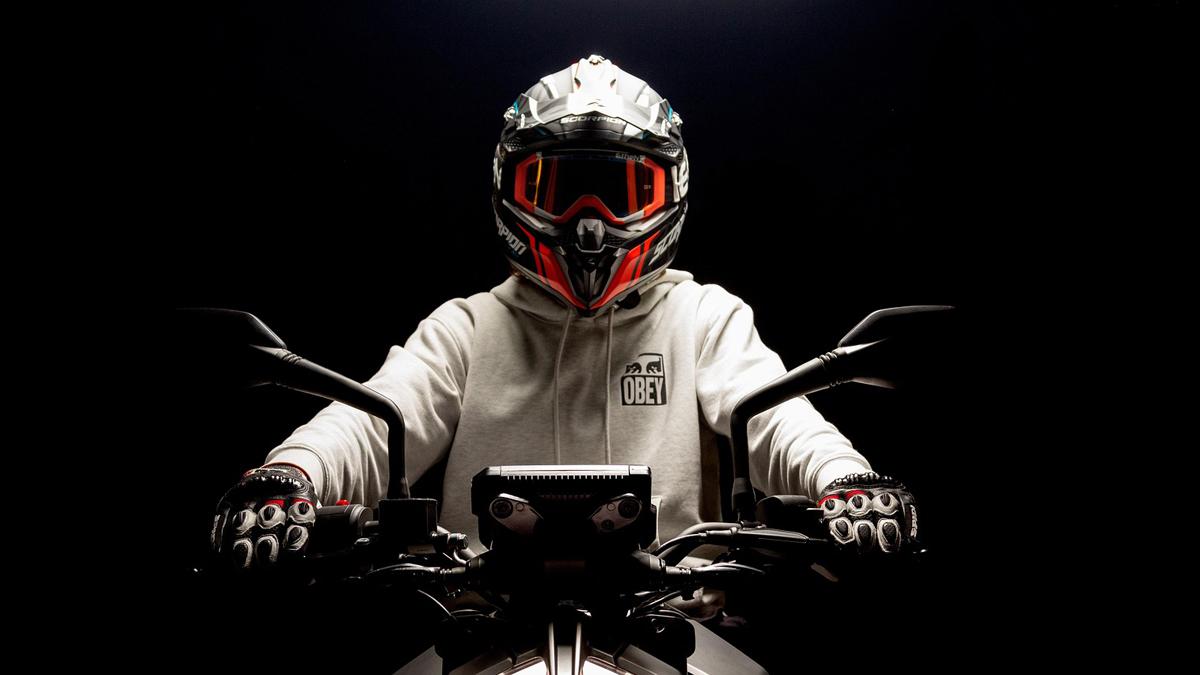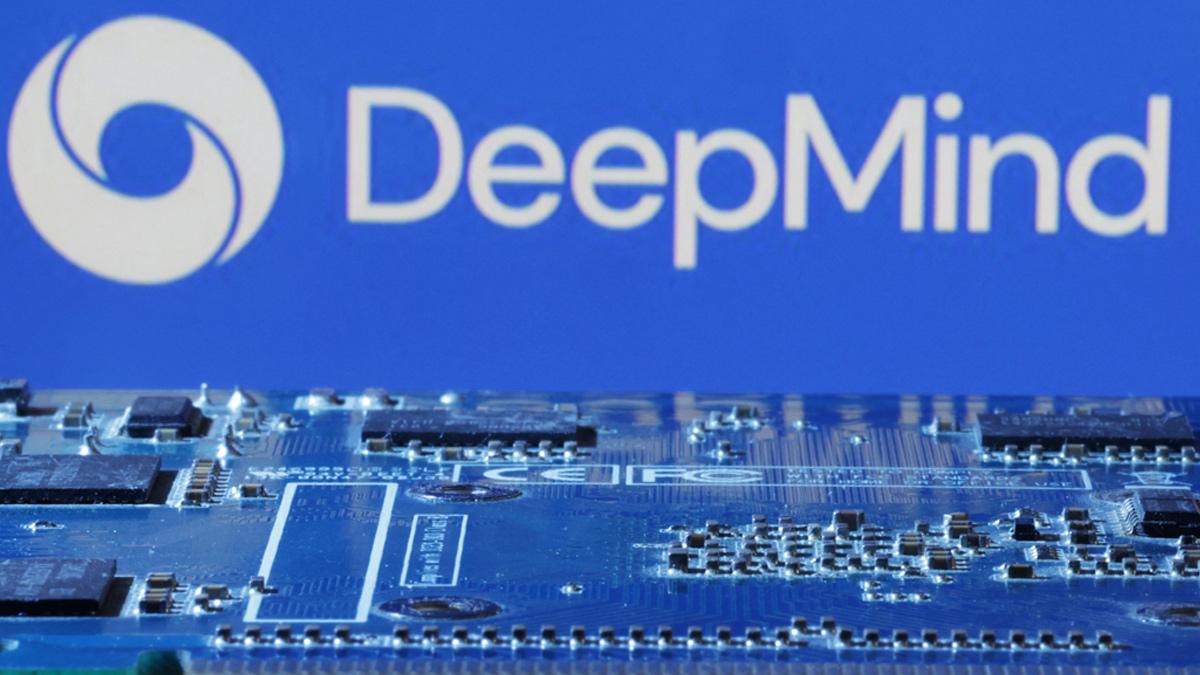Qualcomm has partnered with eyewear brand Lenskart to build glasses using its Snapdragon XR chipsets, which allow for on-device AI processing and spatial computing.

Kindly note the image has been posted only for representational purposes. Photograph: Kind courtesy Bastian Riccardi/Pixabay.com
Qualcomm, a US-based semiconductor company, is in talks with Indian two- and four-wheeler firms to develop AI-powered smart glasses that can be integrated with their vehicles to assist riders, Savi Soin, president of Qualcomm India, told Business Standard.
“We can see these smart glasses, which are integrated with four-wheelers and two-wheelers, in the market in less than three years,” Soin said.
According to him, Indian auto companies have shown growing interest in using such glasses to enhance the rider experience.
“They are very interested in knowing how the smart glasses interact with the vehicle.
“You are driving a scooter and such glasses become a very important tool,” he said, citing ongoing conversations with automotive chief technology officers and executives.
“We are studying a lot of different use cases for these smart glasses for vehicle riders.
“They are at the PoC (proof of concept) stage right now.
“We are seeing how they are interacting with the vehicle and the rider.”
He said smart glasses could become a natural extension of what riders already wear.
“If the smart glasses are as thin as the (non-smart) glasses that you and I are wearing today, it will be very natural to have smart glasses,” he explained.
Qualcomm has partnered with eyewear brand Lenskart to build such products using its Snapdragon XR chipsets, which allow for on-device AI processing and spatial computing.
Qualcomm is also working with startups like QWR, whose Humbl glasses are powered by the Snapdragon AR1 platform.
Soin confirmed that “a couple of other companies (glassmakers)” are also working on launching these accessories.
“We have all the two-wheeler companies very interested. They are saying this is a very good and safe option.
“For example, a Rapido driver today has a mobile attached in front and centre of the bike to see the route.
“This driver, when he has smart glasses, will have no need to have a phone screen in front of him,” he said.
Smart glasses can be bundled as accessories with the vehicle, just like a riding jacket.
“We want to make sure that the weight of the glass is not much, it has sufficient battery capacity and it can do a lot of computing with the chip in there,” he said, outlining the company’s product focus.
Feature Presentation: Ashish Narsale/Rediff




